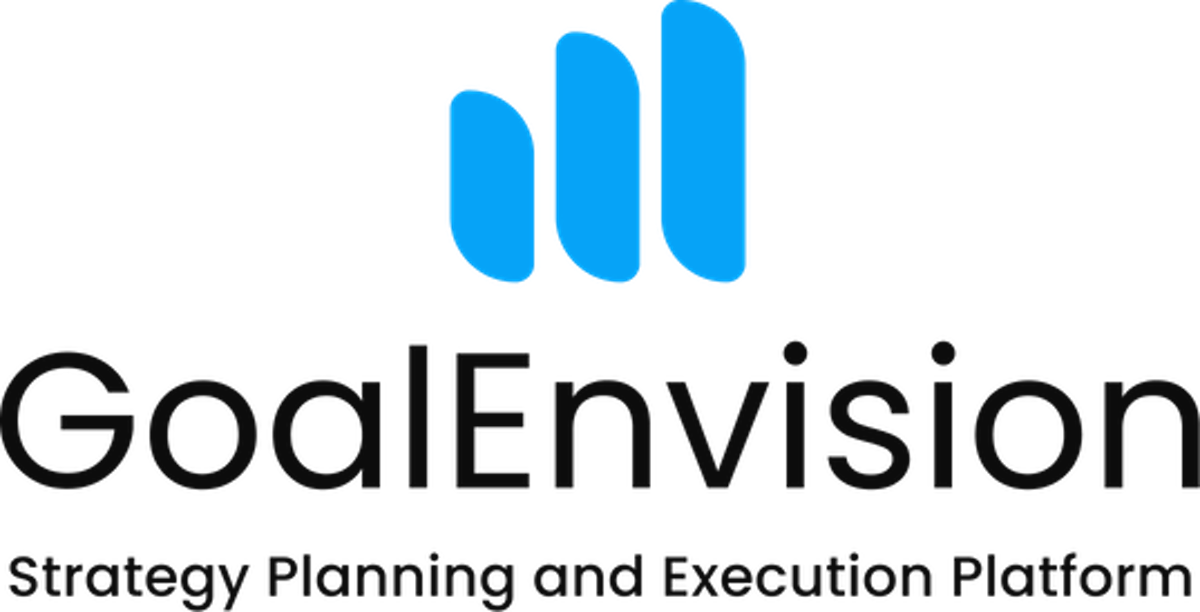How to implement the strategic plan?
Share this article
Having a strategic plan is a first step towards success, but the real challenge lies in implementing the plan effectively. Implementation requires commitment, clear communication, and continuous follow-up. This article describes how you can ensure that your strategic plan is not just a document on paper, but a real roadmap that drives your company forward.
Plan the implementation carefully
In order to succeed in the implementation, it is important to have a detailed action plan. This plan should include specific activities, responsible persons, and time frames. Breaking down the strategy into smaller, manageable tasks makes it easier to follow through and ensure that each part of the plan is executed according to plan.
Example: "To improve customer service by 20% within two years, we will implement the following activities: recruit additional customer service staff, implement a new CRM system and conduct regular customer surveys. Each activity has a designated person in charge and a clear schedule."
Allocate resources efficiently
Resources are necessary to implement the strategic plan. This includes both financial resources and human resources. It is important to ensure that the right resources are available at the right time and that they are used effectively.
Example: "The marketing department receives an extra budget of SEK 200,000 to implement a new digital marketing campaign, starting in January and continuing during the first quarter."
Clear communication and division of responsibilities
Communication is the key to successful implementation. Everyone in the organization must understand the goals of the plan, their role in its implementation, and how their work contributes to the big picture. Regular meetings and reports are important to keep everyone informed and engaged.
Example: "We will have weekly reconciliation meetings where each department reports on their progress and challenges. These meetings also provide an opportunity to adjust plans as needed and ensure everyone is on the same track."
Follow up and evaluate continuously
Regular follow-up is crucial to ensure that the implementation goes according to plan. This means monitoring progress, identifying obstacles and taking corrective action as needed. Use KPI (Key Performance Indicators) and other measurement tools to assess how well the plan is being implemented.
Example: "We will use the Customer Satisfaction Index (NPS) to measure improvements in customer service. Monthly reports will be compiled and analyzed to identify trends and adjust strategy as needed."
Adjust the plan as needed
No strategic plan is perfect from the start, and changes in the external world or internal conditions may require adjustments to the plan. Be flexible and prepared to adjust strategy based on new insights and feedback from execution.
Example: "If our market research shows that customer needs have changed, we will adjust our marketing efforts and product development plans to better meet those needs."
Use tools and technology to support implementation
Digital tools such as GoalEnvision can facilitate the implementation of the strategic plan by offering platforms for planning, communication, follow-up and reporting. These tools help keep all parts of the organization synchronized and informed.
Example: "Using GoalEnvision allows us to centralize our strategy on one platform, where all team members can track progress, contribute their insights and adjust their actions in real time."
Engage and motivate the team
Implementing a strategic plan requires a committed and motivated team. Create a culture where everyone feels included and valued. Encourage open communication and provide recognition for progress and achievements.
Example: "We will implement a reward system where employees who achieve their goals receive recognition and incentives. This may include bonuses, awards or other forms of recognition."
By following these steps, companies can not only create but also effectively execute their strategic plans. A successful implementation ensures that the company's long-term goals are achieved and that the organization is constantly developing and improving.
Share this article
Did you like this article? Here is more...
Latest




